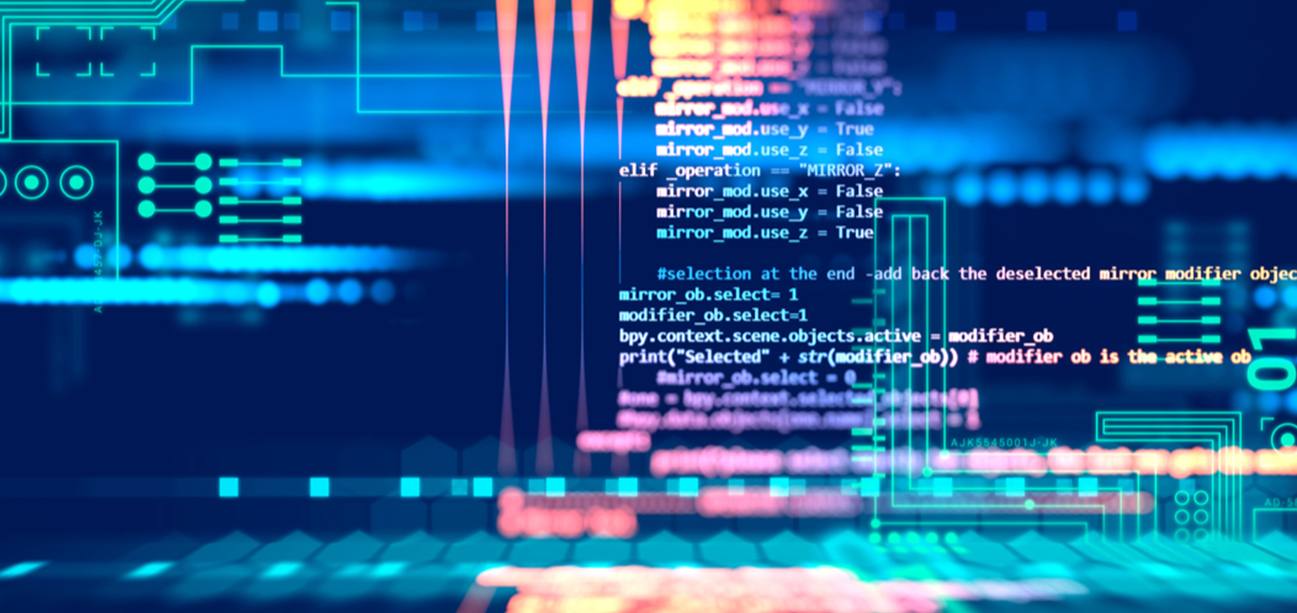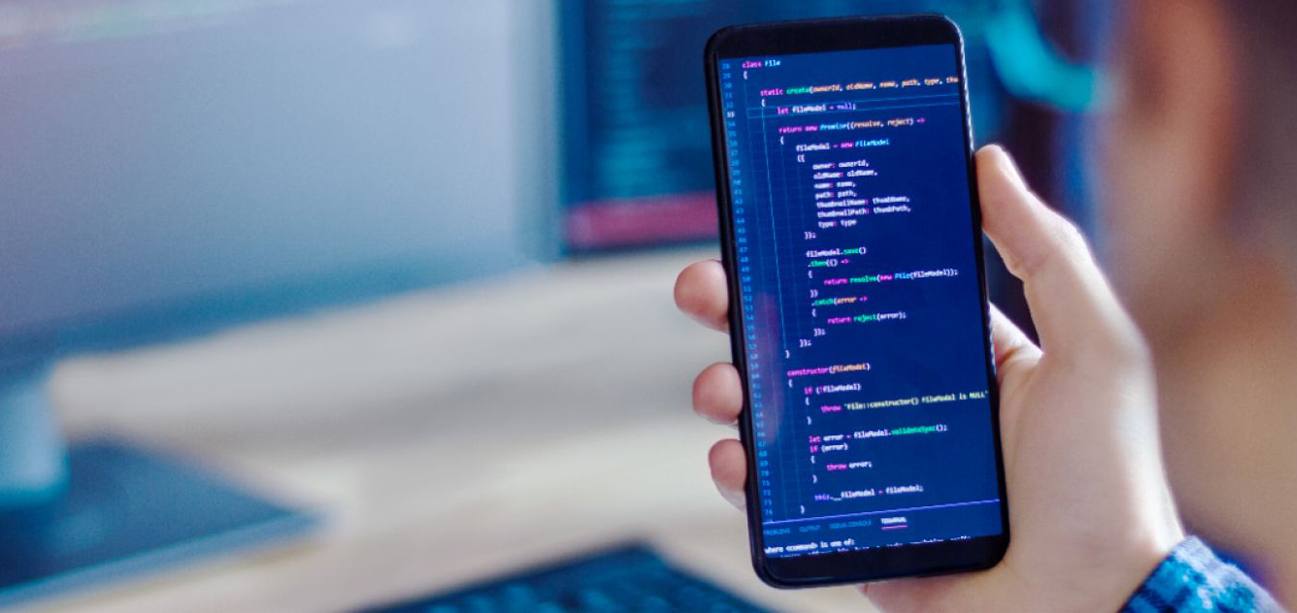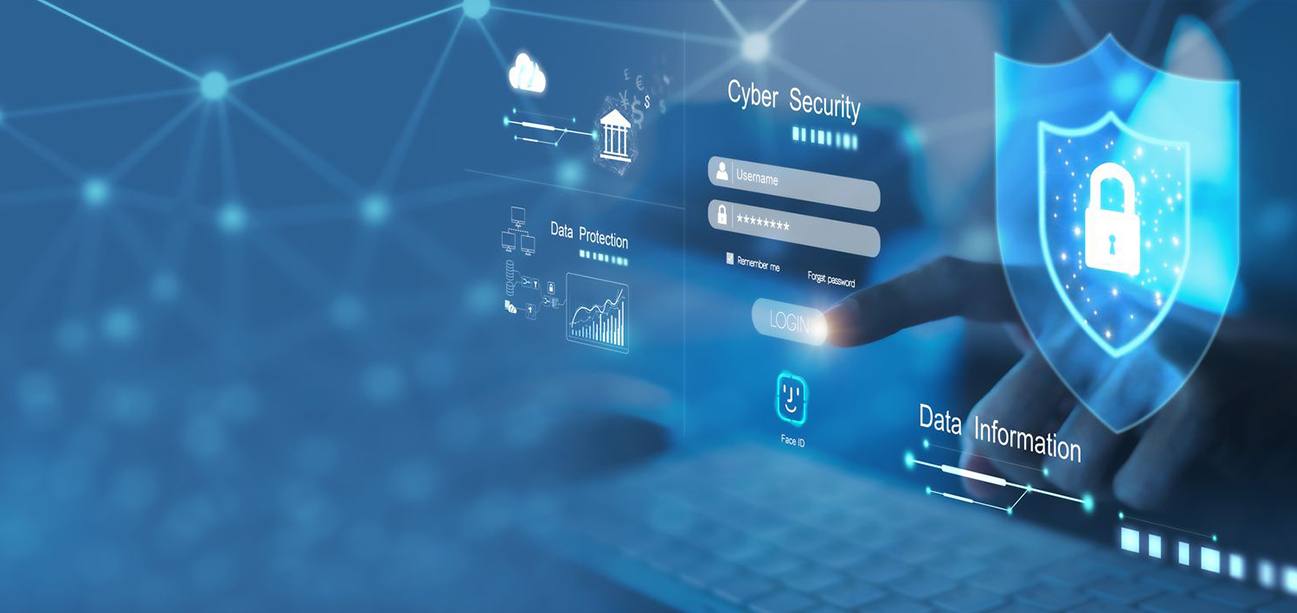
How the Internet of Things (IoT) Works
IoT offers a robust mechanism that enables various devices to connect with each other through the Internet and benefit from the ever-evolving innovative technology. Through IoT, devices can transmit information with each other that can come in handy later on when needed. This cutting-edge technology is revolutionizing how businesses operate as it can be used for advanced analytics, helping companies to gain valuable insights to make their workflow smoother. For instance, sensors can be utilized in parking spaces to assist drivers in finding vacant places to park their vehicles without having to circle the entire parking lot.
Reasons To Embrace IoT Application Development
- Effective decision making
- Productive use of resources
- Personalize solutio
- Automated & seamless processes
- Improved marketing mechanization
- Boosted sales
- Improved execution in complex scenarios
- Innovative and enhanced supply chain
- Profitable revenue generation
Know About Fictive Studios – A Leading IoT Development Company
Fictive Studios offers the best Internet of Things app development to cater to the needs of various industries ranging from security to home automation to industrial IoT that can revolutionize business operations and improve the lifestyle of people. We craft cutting-edge IoT applications that deliver the power of machine learning and advanced analytics.
The qualified developers at Fictive Studios have the expertise and knowledge to execute IoT-specific UI and UX that is guaranteed to deliver value and appeal to clients. An IoT-empowered business will transform your operational processes and set you apart from your competition. By combining our industry knowledge with cutting-edge technologies, we can offer you something truly incredible.
IoT Development Consultancy
Fictive Studios offers IoT development consulting services through our skilled IoT app consultants
IoT Application Development
Our IoT mobile app developers will help you craft seamless IOT applications by incorporating flexible strategies and innovative technologies.
Backend & API Development
Our expert team of IoT programmers can develop highly optimized APIs with complete backend support.
IoT Device App Development
Our team can build applications for your various IoT-connected devices to fulfill specific purposes for your business.
IoT Gateway Development
Our team can build robust getaways for your IoT apps to help you handle and execute IoT development-related requirements.
IoT Support & Maintenance
Besides providing IoT app development services, we also deliver complete ongoing support & maintenance services for our esteemed clients.
Data Analytics
Every IoT mobile app we develop can execute an advanced level of data analysis that best suits your business demands.
BLE Technology Development
Our developers are experts in iBeacon-enabled mobile app development that cater to all kinds of businesses, such as retailers, entrepreneurs, and startups, to help elevate their brands.
Wearable Technology Development
We also provide top-shelf solutions for Android and iOS-compatible wearable mobile app development at reasonable rates.
Voice-Enabled Technology Development
As a reputable Internet of Things app development company, we always seek to deliver the most cutting-edge IoT mobile development, which includes voice-enabled solutions.
Raspberry Pi Solutions
Fictive Studios has executed many proofs-of-concept (POC) development projects connected with IoT technology.
Manufacturing
Connects Devices and Machines
Remotely Monitors Activity
Presents Real-Time Analysis
Tracks Production Data
Agriculture
Enables Precision Farming
Reinforces Agricultural Drones
Develop Smart Greenhouses
Enhances Livestock Monitoring
Energy
Enhances Production
Revs Up Decision-Making
Reduces Costs
Improves Worker Safety
Transportation
Optimizes Fleet Operations
Minimizes Service Costs
Improves Real-Time Visibility
Enhances Preventative Maintenance
Fleet Management & Monitoring
Strengthens the Capabilities of Transit Systems and Connected Cars
Retail
Makes Operations Seamless
Engages Better with Customers
Reduces Costs
Encourages Innovation
Healthcare
Improves Hand Hygiene
Presents Real-Time Insights About Services & Location
Monitors Usage of Equipment
Remote Patient Supervision
Warehouse & Logistics
Lowers Costs
Helps Determine Possible Threats
Offers Improved and Real-Time Traceability
Enhances Forecasting
Education
Improves Student Outcomes
Enhances Campus Monitoring
Augments Security
Cities and Communities
Cost-Cutting Municipal Services
Improves Quality of Public Transportation
Predicts Smart Buildings
DATA Analytics
- Data Process and Analytics
- BIGDATA
- Machine Learning
Connectivity Between Devices
- Wireless
- 4G LTE
- Ethernet
- NFC
- Bluetooth
- GSM Network
Supported Protocols
- HTTP
- HTTPS
- TCP
- CoAP
- UDP
- MQTT
- XMPP
- AllJoyn
- AMQP
- SNMP
- Weave
- MODBUS
Cloud Platforms
- AWS
- Windows Azure
- Google Cloud
- IBM Bluemix
- ThingWorx
Web Services
- OAuth Authorization services
- RestFul service
- SOAP services
- Thing API
- OAuth Authorization services
- RestFul service
- SOAP services
- Thing API
IoT Frameworks
- Azure IoT
- AWS IoT
Sensors
- Temperature sensor
- Humidity Sensor
- Pressor Sensor
- Level Sensor
- IR Sensor
- Ultrasonic Sensor
- Touch Sensor
- Proximity Sensor
- Smoke & Gas Sensor
- Hall effect Sensor
- PIR
- Reed Switch
- LSM303
- Light Sensor
- GAS Sensor
- Fingerprint Sensor
Partner With Fictive Studios And Leverage Possibilities Of IoT Development
Fictive Studios has helped countless businesses transform their brand image through IoT software. Our skilled developers can offer valuable insights about IoT solutions that can help refine your business model and boost operational efficiency. Our end-to-end solutions can be tailored to your business needs to set you on the path to digital success
- Qualified Team of IoT experts
- Fast Deployment
- Seamless And Transparent Development
- Industry-based IoT Ecosystem
- Across-Industry Reach
- Cutting-edge Technology
- Dedicated Data Analytics Laboratory
- Customized End-to-End IoT solutions
- Budget-Friendly Packages
- 24/7 Technical Support
What is IoT in simple terms?
What programming languages are used for IoT application development?
List a few benefits of IoT development.
How much time does it usually take for Fictive Studios to develop an IoT application from scratch?
How much does Fictive Studios charge for IoT development services?
My question is not here. Can you guys help me?

Building The Future One Line Of Code At A Time

Mobile App Solutions For Everyone, Everywhere
We pride ourselves on our ability to bring your unique vision to life through our cutting-edge technology and innovative solutions.
Retail, Ecommerce
Education & e-learning
Healthcare & Fitness
Logistics & Distribution
Social Networking
Real Estate
Travel & Hospitality
Food & Restaurant
On-Demand Solutions
Gaming
Partnerships We Have Built Through Our Digital Solutions
At Fictive Studios, we are proud to have partnered with over 2000 businesses, ranging from startups to enterprises, to provide industry-leading mobile app development solutions tailored to their unique business needs. Every business is different, and we are passionate about helping our clients achieve their goals through our extensive range of app development services.
Start Up Business

Small & Med Business

Enterprise

Agencies

What Our Clients Say
We possess the capability to create applications across a diverse range of genres - simply specify your requirements and we'll bring your vision to life.

Let's Build Something App-tacular Together
Join forces with Fictive Studios, the premier Mobile App Development Company in the US. With our bespoke app development solutions, watch your business soar to new heights.
GET A QUOTE
















